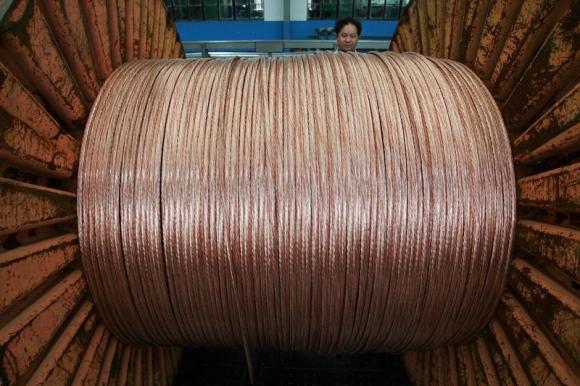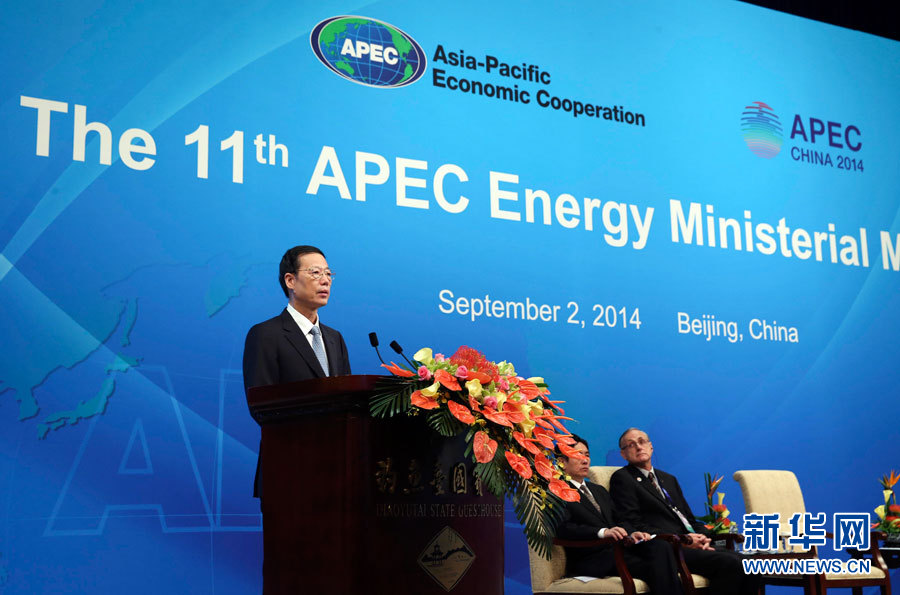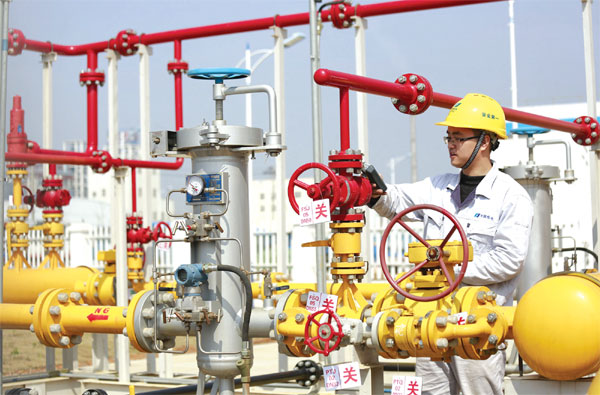Ghana lauds China`s oil giant for excellent job on gas plant
Source: www.chinamining.org Citation: Xinhua Date: September 4, 2014
Sinopec Petroleum, the Chinese company leading the building of Ghana`s gas infrastructure, came in for high commendation in Atuabo on Tuesday for the excellent and quality of delivery on the gas project.
President John Dramani Mahama made the commendation during his visit to the project site at Atuabo in the Western Region, 217 km west of the national capital, ahead of commissioning later, this year.
Mahama commended the company, which partnered the Ghana National Gas Company Ltd (GNGCL), in developing the infrastructure.
"I would like to commend SINOPEC who, together with Ghana Gas, began this project, for a job done really well," the president said.
He recalled how the project took off against all odds in July 2012 but was now over 99 percent complete, mechanically.
"What makes this project important, first of all, is the multiplier effect on the economy in terms of the Foreign Exchange savings from crude oil importation for thermal plant operations, Liquefied Petroleum Gas (LPG) importation, and job creation," Mahama pointed out.
He said it was also important in terms of the numerous jobs to be created as well as making Ghana self-sufficient in energy production to make it gradually a net exporter of energy.
"Ghana could not have gotten a better company than Sinopec," Chief Executive Officer (CEO) of Ghana Gas, George Sipa Yankey commented.
He said, but for SINOPEC, the project could not have reached "this far" as they spent 400 million USdollars on pre-financing the project, making the work go on even as there were delays in the parliamentary approval and the disbursement process of the China Development Bank (CDB) facility which was contracted for the project.
Sipa-Yankey described the contractors as a company of integrity, credibility and great efficiency and very good to work with, and expressed his willingness to work with them again on any other project.
The gas processing plant is expected to process between 90 million Standard Cubic feet (scf) of gas and 110 million scf of gas per day from the Jubilee field.
Shen Yan, Sinopec`s Deputy Project Coordinator for the Ghana Gas project, remarked that the Ghanaian gas industry was just about to take off.
According to her, SINOPEC, with its 60 years experience in the oil and gas industry, sought to bring its technical and managerial expertise to train the locals to deliver on the job.
"The importance of the project is the economic benefits it brings on board in gas commercialization and job creation, among others," Yan told Xinhua in an interview.
The gas project has been a major part of the program of the Ghanaian government to increase its electricity generating power to 5000 Mega Watts(MW) by 2016.
About CHINA MINING
Since first held in 1999, the scope and influence of CHINA MINING has grown rapidly year by year. As a global mining summit forum and exhibition, CHINA MINING Congress and Expo has become one of the world’s top mining events, and one of the world’s largest mining exploration, development and trading platforms, covering all aspects of the whole mining industry chain, including geological survey, exploration and development, mining rights trading, mining investment and financing, smelting and processing, mining techniques and equipment, mining services, etc. playing an active promotion role in creating exchange opportunities and enhancing mutual cooperation between domestic and foreign mining enterprises.
CHINA MINING Congress and Expo 2014 will be held at Meijiang Convention and Exhibition Center in Tianjin on November 20th-23rd, 2014. We invite you to join the event and to celebrate the 16th anniversary of CHINA MINING with us. For more information about CHINA MINING 2014, please visit: www.chinaminingtj.org.






